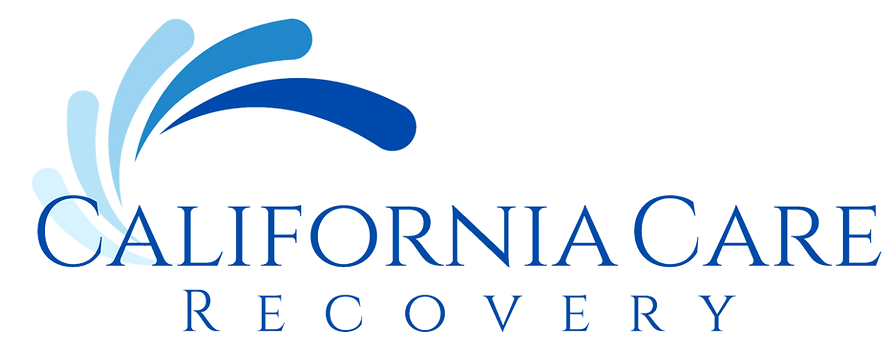Understanding Ibuprofen
Can Ibuprofen Get You High in the Context of Recovery: Ibuprofen belongs to a class of medications called non-steroidal anti-inflammatory drugs (NSAIDs). This widely-used medication works by reducing hormones that cause inflammation and pain in your body.
When you take ibuprofen, it blocks specific enzymes called cyclooxygenase (COX) enzymes. These enzymes are responsible for producing prostaglandins – compounds that trigger:
- Pain signals
- Inflammation responses
- Fever development
- Blood clotting processes
The medication’s ability to inhibit these enzymes results in decreased pain, reduced inflammation, and lower fever. You’ll typically notice these effects within 20-30 minutes of taking the medication.
Common Medical Uses
Common medical uses include:
- Headache and migraine relief
- Dental pain management
- Arthritis symptoms
- Menstrual cramps
- Muscle aches
- Back pain
- Fever reduction
Dosage and Forms
The standard dosage for adults ranges from 200mg to 400mg every 4-6 hours, with a maximum daily limit of 1200mg unless directed otherwise by a healthcare provider. This medication comes in various forms:
- Tablets
- Capsules
- Liquid gels
- Oral suspension
- Topical creams
Understanding ibuprofen’s mechanism of action helps explain why it’s effective for pain relief but doesn’t create the euphoric effects associated with narcotic pain medications.
Misconceptions About Getting High
A common misconception circulating online suggests that ibuprofen can create a “high” similar to recreational drugs. This belief stems from misunderstandings about how pain relievers work in the body.
Scientific research shows:
- No evidence supports the ability to create euphoric effects
- Ibuprofen doesn’t interact with brain receptors responsible for producing a high
- The medication can’t cross the blood-brain barrier in ways that alter consciousness
What people might mistake for a “high” is actually the relief from physical discomfort. When pain subsides, you naturally feel better – but this sensation differs significantly from drug-induced euphoria.
Some users report feeling “different” after taking ibuprofen, but these experiences typically relate to:
- Reduced inflammation causing improved mobility
- Relief from headache pressure and tension
- Better overall comfort due to pain reduction
The human brain can misinterpret the absence of pain as a positive altered state. This psychological response explains why some individuals might believe ibuprofen creates a high. In reality, our brains have their own way of relieving pain through endorphins, which can lead to feelings of well-being when discomfort is alleviated. Medical professionals emphasize that any perceived euphoric effects are psychological reactions to pain relief rather than pharmacological effects of the medication.
Risks of Misusing
Misusing ibuprofen for recreational purposes carries significant health risks. Taking excessive amounts can lead to:
- Severe stomach ulcers
- Kidney damage
- Internal bleeding
- Heart complications
- Liver dysfunction
The misconception that higher doses might create a recreational effect puts users at risk of life-threatening complications. Unlike narcotic painkillers, ibuprofen doesn’t bind to opioid receptors in the brain – making it non-addictive from a chemical perspective. This fundamental difference means ibuprofen can’t create the euphoric effects associated with narcotic medications.
Your body processes ibuprofen differently than addictive substances:
- No dopamine release
- No chemical dependency development
- No withdrawal symptoms
- No tolerance buildup
Safe ibuprofen use requires strict adherence to recommended dosages:
- Maximum daily dose: 3200mg
- Minimum 4-6 hours between doses
- Take with food
- Stay hydrated
Exceeding these guidelines doesn’t enhance pain relief – it creates dangerous health complications. Medical professionals emphasize using the lowest effective dose for the shortest duration needed to manage symptoms. This approach maximizes benefits while minimizing potential harm.
Ibuprofen in Recovery Context
The journey through recovery brings physical challenges that require safe pain management solutions. Ibuprofen plays a vital role in addressing these discomforts without compromising sobriety.
Key Benefits During Recovery:
- Manages withdrawal-related body aches
- Reduces inflammation from physical activities
- Controls headaches and muscle tension
- Provides fever relief when needed
Ibuprofen stands out as a reliable alternative to potentially triggering substances. Unlike opioids or other narcotic painkillers, ibuprofen doesn’t create dependency or interfere with recovery progress.
Safe Pain Management Strategies:
- Regular dosing schedules as prescribed
- Combining ibuprofen with non-medicinal approaches
- Ice/heat therapy
- Gentle stretching
- Professional massage
- Open communication with healthcare providers about pain levels
Your recovery team at California Care Recovery can help develop personalized pain management plans incorporating ibuprofen. These plans ensure you maintain sobriety while effectively managing physical discomfort.
Remember: Successful recovery includes making informed choices about pain relief. Ibuprofen, when used correctly, supports your commitment to sobriety by providing safe, effective pain management without the risks associated with addictive substances.
However, it’s important to note that recovery is not just about managing physical pain. It also involves dealing with emotional and psychological challenges. Understanding the hardest parts of recovery can provide valuable insights and help you navigate this journey more effectively.
In addition, mental health care should always be incorporated into your addiction recovery to prevent relapse and promote a healthy life. This is crucial as cravings are a normal part of addiction recovery, but they can be managed with the right strategies. For more information on how to handle cravings in recovery, feel free to reach out to our team.
Always consult your healthcare provider about the appropriate use of any medication during your recovery journey. If you have any questions or need assistance, don’t hesitate to contact us.
